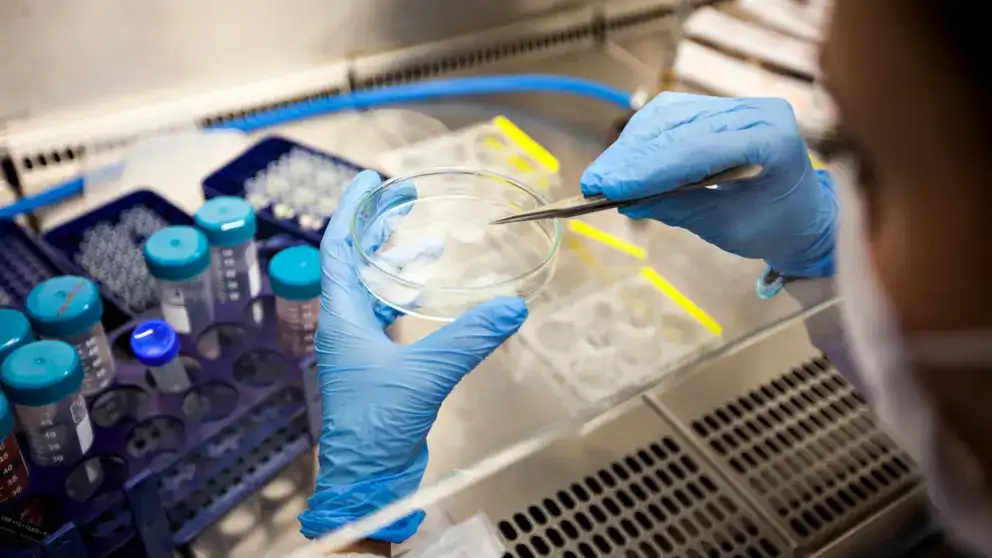Stroke triggers a destructive process where healthy brain cells sacrifice themselves. It’s not fully understood why or how this happens, but it causes long-lasting disability.
At the University of Ottawa, Dr. Ruth Slack and her team are studying the mitochondria, the part of cells that produces energy. When a stroke happens, mitochondria become dysfunctional, releasing a toxic mix of byproducts into brain cells. In short order, the body is tricked into perceiving cells as a threat that needs to be destroyed.
In her lab, Dr. Slack’s research mimics what happens to healthy brain cells during and after a stroke. Better understanding of this process could lead to new treatments that keep cells alive , ultimately leading to better outcomes for stroke survivors of all ages.
Keeping brain cells alive after stroke
Understanding why healthy cells shut down could lead to better stroke recovery
